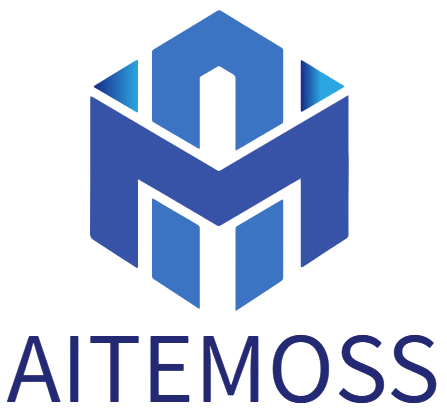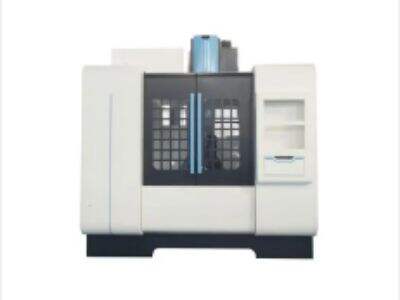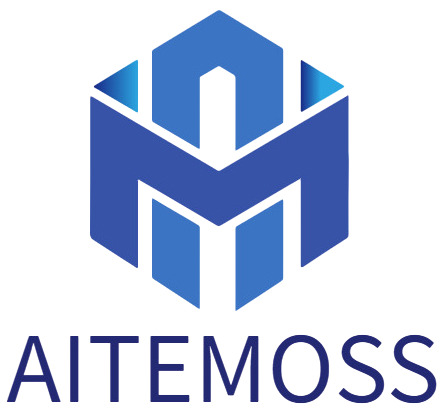CNC machining is an essential production process in factories of Aitemoss around the world. It is used in the development of products ranging from toys, to cars. But every now and then, it can go wrong during this process. If left unattended, these issues can lead to a longer product development time, produce errors, and create products that are not manufactured correctly. This can cause frustration on both ends with the workers and the businesses. However, if we listen carefully and carry the right techniques, we can overcome many of the custom cnc machining problems and keep things running smoothly.
Causes, Symptoms, and Fixes
Another common issue in CNC machining is vibration. Vibration is disturbed hammer, when machine is performing work. There are many reasons to it using an improper cutter for the job, looseness in the cutting tool, old and worn-out machine components, etc. When (there is) vibration, you will get a thinner or rougher surface on the products or parts that are not the proper size. This can cause to end up products which are not at the quality level. Correctly using the right tool for the job, ensuring the tool holder is tightened properly, and promptly replacing old or worn parts go a long way in overcoming tool chatter. This in turn will decrease vibration and increase a quality final product.
Part distortion is another issue that may arise. So, what this implies is the parts being produced do not retain their proper form. Heat from the machining process or improper placement of the parts can cause distortion. This problem creates parts that are the wrong shape or size and therefore they are useless. This can be addressed using proper fixturing and by cooling down the parts while machining. Cooling aids in maintaining the shape of the parts and prevents them from overheating.
Prevention Methods and System to Solve Problems
Prevention is always better, so apart from maintenance of other parts of the machines, industrial cnc machining cleaning is a priority. Maintenance, cleaning, and inspection of machines keeps them working for the long haul; so make that a part of your regular routine. Set Appropriate Training: Of course, it is always necessary to train every worker in order to being acquainted with tools and machines used in some processes. It gives everyone a playbook it shows them what to watch for, and what to avoid.
When issues occur, we should identify what has caused it to resolve the problem correctly. Check everything walk the entire machine to see if you broke anything inspect the tool paths for accuracy check all settings. If we are doing proper troubleshooting, then we will find the cause quickly and fix it.
Common Problems and Solutions
CNC machining issues that cause trouble: The first is related to tool wear; this means that the tools that we are working with are subject to a degree of wear and tear. These can result in broken tools, poor cuts, and noises during machining (chatter). The solution to this problem is periodic tool change or sharpening to ensure we provide the best quality of cuts. Quality parts made from quality tooling come from tooling in good working order.
Dirty coolant is another frequent issue. During the machining, various types of coolant are used to keep all the machines cool and prevent from getting rust and rust; absorption of cooling gets into the cooler water which causes rust to get in, which causes rust, but the dirt gets in. Some signs that this may be an issue are if the finishes on the part look sloppy or if the parts are rusting. To eliminate this, we have to wash the coolant system often and replace the filters so the coolant parcel remains fresh and works appropriately. Keeping the coolant clean is the most important point in order to avoid rust and prevent the parts quality from deteriorating.
CNC Machining: How it Affects Things
During CNC machining, when there are problems, we need to understand how the problems of fast cnc machining affect the entire process. If nuisance machine accuracy fails, they can create poor components that can cause major problems further down the line in place of production. Developing a product takes time and it cost the firm lost money and missing deadlines whereby the machines may breakdown. This is difficult in terms of keeping business intact with customers and reputation.
By not making mistakes and better work efficiency
Taking preventive measures to avoid complications, quickly diagnosing problems when they occur, and comprehending how they affect manufacturing will help us avoid expensive pitfalls and boost productivity. This ensures smoother operation, as less downtime will occur, leading to better-quality products being produced.

 EN
EN
 AR
AR
 BG
BG
 HR
HR
 CS
CS
 DA
DA
 NL
NL
 FI
FI
 FR
FR
 DE
DE
 EL
EL
 HI
HI
 IT
IT
 JA
JA
 KO
KO
 NO
NO
 PL
PL
 PT
PT
 RO
RO
 RU
RU
 ES
ES
 CA
CA
 TL
TL
 ID
ID
 LT
LT
 UK
UK
 VI
VI
 SQ
SQ
 HU
HU
 MT
MT
 TH
TH
 TR
TR
 MS
MS
 GA
GA
 CY
CY
 IS
IS
 BN
BN
 MN
MN
 MY
MY
 UZ
UZ

